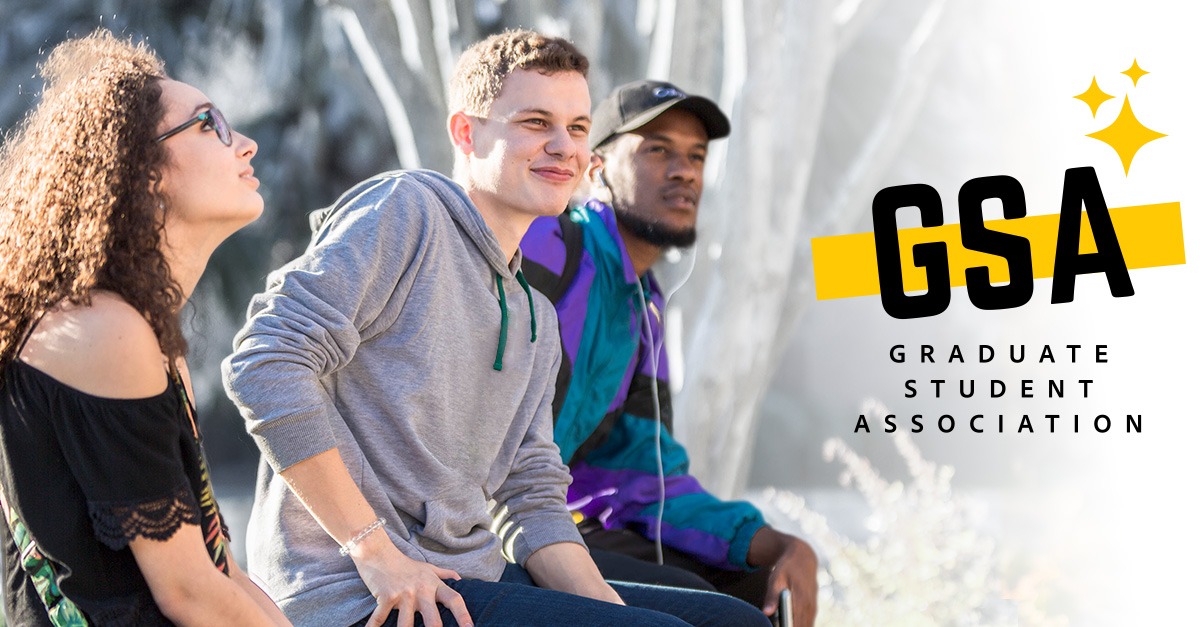Cell Biology Gurus and UCF Bioimaging Expert Partner to Crack 4th Dimension Secrets
Cell biologists at the University of Illinois at Urbana-Champaign and Bar-Ilan University at Israel and a bioimaging expert at the University of Central Florida are teaming up in what they hope may lead to a major breakthrough in the understanding of the three-dimensional organization of the nucleus over time and their role in certain diseases.
The dream team was recently awarded a National Institutes of Health $4.2 million grant. The five-year grant is part of the NIH’s 4D Nucleome Program (4DN). The program aims to spur the development of technologies that will advance the understanding of how DNA is arranged within cells in space and time and how this affects cellular functions in health and disease.
UCF optics and photonics Assistant Professor Kyu Young Han will develop new multifunctional high-performance microscopes that UIUC’s Professor Andrew Belmont and other 4DN researchers will use to map proteins and genes and observe their dynamics in the fourth dimension.
A better understanding of what happens in these tiny places will likely lead to answers for diseases that currently have no treatment and perhaps even cures for others. The challenge is current microscopes lack the kind of power necessary to see detail researchers need in the cell’s nucleus.
“There are microscopes researchers use right now, but for fulfilling the goals of the 4DN, we need a new type of microscope,” Han says. “They are expensive as well. My team and I are building something that will have several key features, including high-resolution and high-throughput but gentle imaging that doesn’t break the bank.”
Han says the two new microscopes will allow Belmont to see proteins and chromosomes within the nucleus moving around in real-time, which will lead to a better understanding of what is going on in gene expression.
Han has an extensive background in chemistry and optical microscopy. He also has some experience in creating new technology with biomedical applications. In 2018 he developed a highly inclined swept tile (HIST) microscope, which can be used for single-molecule imaging in a very large imaging area.
Belmont, from the School of Molecular and Cellular Biology, has been conducting pioneering work in the movement and organization of chromosomes within the nucleus. Belmont’s lab suspects there may be at least two compartments in the nucleus of a cell that are involved in increasing gene expression. One is the nuclear speckle periphery. There may be other places that are critical. To know for sure, they need to be able to observe what is going on, which is why the microscope is so important.
Also on the team, is Yaron Shav-Tal, a researcher at Bar-Ilan University. He will lend his expertise in RNA movement and transport within cells. Together they plan to shed new light on nuclear dynamics and their impact on the biology of gene regulation.
Han is an assistant professor in the College of Optics and Photonics. This is Han’s second NIH grant in less than 30 days. Earlier this month he became the university’s first faculty member to be awarded the National Institutes of Health’s Maximizing Investigators’ Research Award for early–stage investigators.
Before joining UCF in 2016, Han worked at the Max Planck Institute in Germany where he studied super-resolution fluorescence imaging. His postdoctoral research, at the University of Illinois at Urbana-Champaign, focused on designing new optical tools for biological applications, such as studying DNA-protein interactions, RNA imaging in live-cells, and revealing nuclear structure in mammalian cells. He has one patent, which was commercialized by Leica.
Share This Article

UCF Women’s Club Honors 3 Graduate Students with Prestigious Sheila B. Somerville Scholarship
Financial support is often the cornerstone of academic success, and for many students, scholarships open the door to higher education. Beyond easing financial stress, these awards provide recognition, motivation, and a...
Latest News

Be the Voice of UCF Graduate Students
The Graduate Student Association (GSA) is looking for motivated graduate students to step into leadership and shape the graduate experience for the 2026–2027 academic year. As a GSA officer, you'll...

UCF Launches 1st Planetary and Space Sciences PhD Program in Florida
As SpaceU, UCF is pushing the boundaries of exploration by launching a groundbreaking new doctoral program in the planetary and space sciences. Now, aspiring researchers can apply to the inaugural cohort of...

UCF Fulbright Awardees Bring Their Passions to a Global Scale
Each year, the Fulbright Program offers opportunities for American students to conduct research, teach English, or pursue graduate study abroad. One of the most prestigious international exchange programs in the...

Unleash Opportunities with a UCF Graduate Degree
A graduate degree has the power to unleash opportunities by expanding careers, opening doors to new fields, and increasing lifetime earnings. According to the U.S. Bureau of Labor Statistics (2024),...